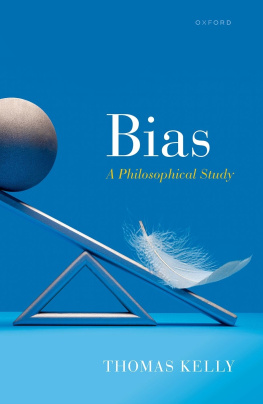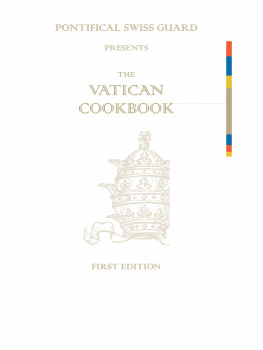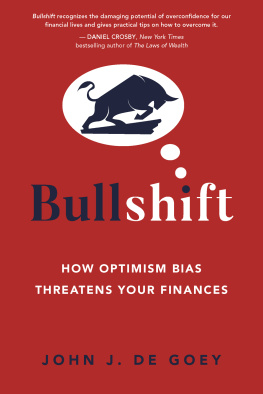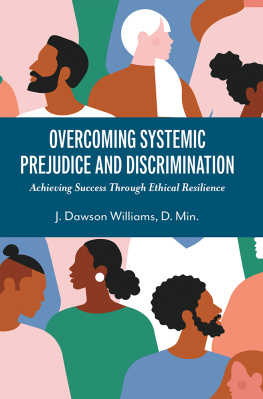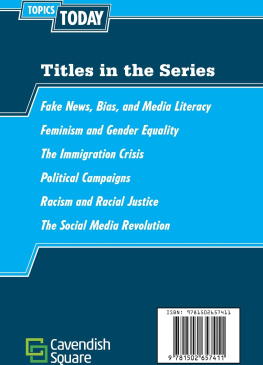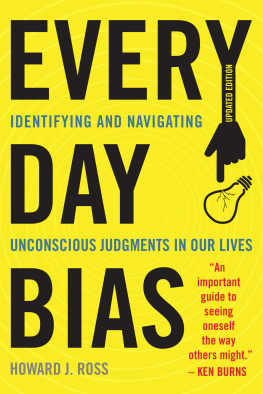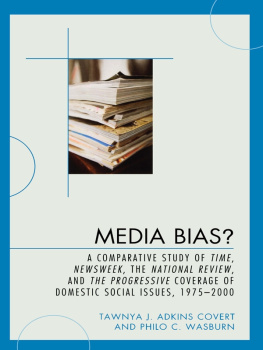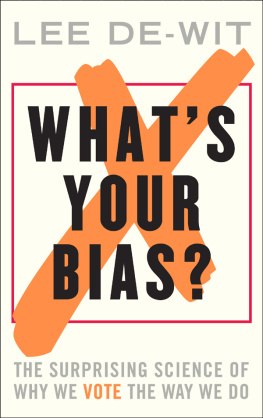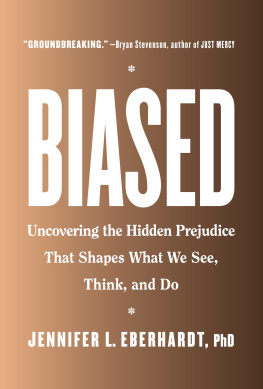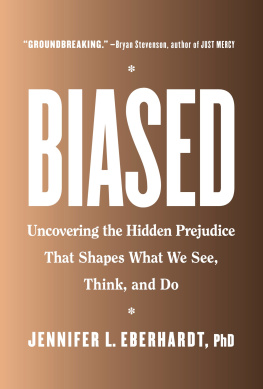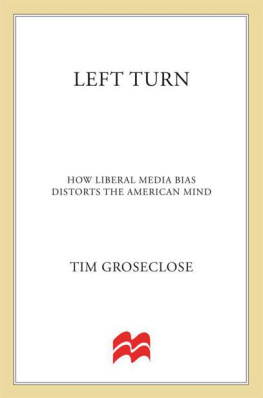Oxford University Press is a department of the University of Oxford. It furthers the Universitys objective of excellence in research, scholarship, and education by publishing worldwide. Oxford is a registered trade mark of Oxford University Press in the UK and in certain other countries
All rights reserved. No part of this publication may be reproduced, stored in a retrieval system, or transmitted, in any form or by any means, without the prior permission in writing of Oxford University Press, or as expressly permitted by law, by licence or under terms agreed with the appropriate reprographics rights organization. Enquiries concerning reproduction outside the scope of the above should be sent to the Rights Department, Oxford University Press, at the address above
You must not circulate this work in any other form and you must impose this same condition on any acquirer
Clays Ltd, Elcograf S.p.A.
Links to third party websites are provided by Oxford in good faith and for information only. Oxford disclaims any responsibility for the materials contained in any third party website referenced in this work.
Almost all of this book consists of previously unpublished material. The main exception to this is Chapter 6, , which updates material drawn from my paper Following the Argument Where It Leads, Philosophical Studies (2011). I utilize that material with the permission of Springer Publishers.
In addition to those thanked in that paper, I would also like to acknowledge a number of other individuals and institutions for their help along the way. Earlier versions of some of these ideas were presented in talks that I gave at Rutgers, Princeton, Notre Dame, Fordham, Union College, the Orange Beach Epistemology Workshop sponsored by the University of Alabama, and at Pacific and Eastern division meetings of the American Philosophical Association. I am grateful to the audiences present on those occasions for their feedback. Material for the book was presented in two graduate seminars, one at Princeton, the other at a joint Rutgers-Princeton seminar co-taught with Ernest Sosa. I am grateful to the participants in those seminars, and especially to Ernie for proposing our joint seminar and suggesting that I present some of my work on bias as my contribution to it. Two readers for Oxford University Press, one of whom was Endre Begby, the other of whom remains anonymous, provided timely, very helpful, and much appreciated sets of comments on an earlier version of the manuscript. In addition, I would like to acknowledge the following individuals for their help: Robert Audi, Alisabeth Ayars, Nathan Ballantyne, Lara Buchak, Pietro Cibinel, Brett Copenger, Silvia De Toffoli, Sinan Dogramaci, Felipe Doria, Andy Egan, Adam Elga, Jan Engelmann, Johann Frick, Samuel Fullhart, Fiona Furnari, Dan Garber, Jorge Garcia, Jeremy Goodman, Peter Graham, Alex Guerrero, Elizabeth Harman, Brian Hedden, Grace Helton, Thomas Hurka, Mark Johnston, Brett Karlan, Hilary Kornblith, Barry Lam, Tania Lombrozo, Harvey Lederman, Sebastian Liu, Errol Lord, Jon Matheson, Aidan McGlynn, Sarah McGrath, Tori McGeer, Philip Pettit, Ted Poston, Emily Pronin, Katie Carpenter Rech, Gideon Rosen, Peter Singer, Michael Smith, Joshua Smith, Roy Sorensen, Meghan Sullivan, Una Stojni, Katia Vavova, Mike Veber, and Snow Zhang.
For some of the information about John Cook Wilsons life used in the Introduction, I relied on Mathiew Marions entry on Wilson in The Stanford Encyclopedia of Philosophy.
Peter Momtchiloff was an ideal editor, full of judicious advice and preternatural patience for my many missed deadlines, only some of which could plausibly be blamed on a global pandemic. I thank him for his encouragement and support of the project.
My greatest intellectual debts are to the people who taught me philosophy, to whom this book is dedicated. My love for philosophy was first ignited as an undergraduate at the University of Notre Dame in the 1990s when I encountered an unusually inspiring and encouraging group of teachers, a group that included Neil Delaney Sr., Alasdair MacIntyre, Marian David, Vaughn McKim, David Solomon, Mike Loux, David OConnor, Leopold Stubenberg, Karl Ameriks, Fred Freddoso, and Philip Quinn. Decades later, my memories of those early interactions continue to provide me with models for what a good teacher of philosophy should be like. At Harvard University, I had the further exceptionally good fortune to have as advisers Robert Nozick, Derek Parfit, and Jim Pryor, each of whom was almost unbelievably helpful and supportive of me in overlapping and complementary ways. When I finished my dissertation, each of the three advised me to publish it as a book, but I demurred, on the grounds that no one would want to read an entire book of philosophy by a previously unpublished graduate student. Although this book is not the one that they encouraged me to write, one of the standards that I kept in mind while writing it was to produce a book that they would have found worthwhile, and something that I would have been proud to present to them. Im sorry that Ill never have the chance to present a copy to Bob or Derek, or to discuss its ideas with them.
My greatest debts of all are to my family. Thanks to my wife Sarah McGrath for all that you did for me and for our children during the years in which this book was written. Thanks to Owen, Orla, and Hugh for being the source of most of my smiles, and for making things seem worthwhile. Finally, thank you to my parents, Tom and Toddy Kelly, for your unwavering and unstinting love and support in all things, for as long as I can remember.
Which types of human beings best exemplify true courage?
When asked this question, some people might immediately think of soldiers on a battlefield or of firefighters rushing into a burning building. Others might think first of political dissidents or civil rights activists, individuals who knowingly risk grave harm in order to speak Truth to Power.
When the philosopher Plato posed this question over two thousand years ago, he offered us a surprising answer. True courage, Plato suggested, is most likely to be found among the philosophers. Even allowing for the significant differences between the philosophers of Platos time and the professors of philosophy of the 21st century, Platos answer to his own question does not exactly leap off the page at the reader as the most plausible thing he might have come up withto put it mildly. Moreover, coming as it does from Plato, the answer strikes us not only as implausible but also as suspicious. Its very much the type of answer that we might expect a philosopherbut no one else!to give. Although he offers us a characteristically complicated argument for his view, we naturally suspect Plato of bias when he tells us that its really the philosophers who are the most courageous of all.

